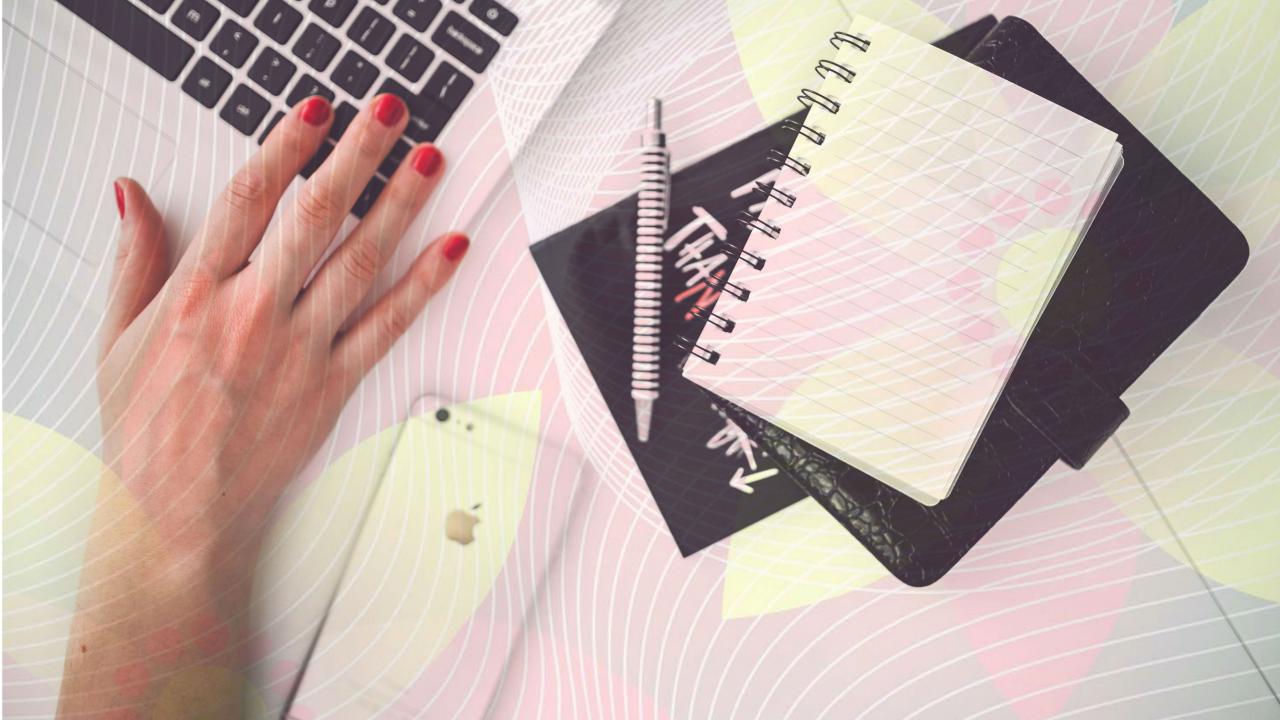Anxiety is a normal physiological reaction that tends to occur in most people at some point in their lives. In most cases, anxiety does not result in any dysfunction or disability and generally, the symptoms spontaneously disappear over time. However, in some people, anxiety symptoms are recurrent and can cause significant upheaval in lifestyle, work and interpersonal relationships. Most doctors do not treat mild cases of anxiety and a wait and see approach is the usual course.
When treatment is required, it is usually a combination of pharmaceutical medications and/or psychotherapy. When drugs are started, the treatment must be continued for at least nine to 12 months. When symptoms start to resolve, and the patient does not experience any more stress, the medication is generally tapered off. Psychotherapy is very useful when tapering medication. In many cases of anxiety, treatment is done on an outpatient basis; only those cases associated with acute suicidal ideations or self-harm are admitted. In-patient therapy for these individual centers around detoxification, rehabilitation and treatment of any drug/alcohol abuse or physical dependency (1).
When treating anxiety, most psychiatrists do recommend that the individual limit the amount of caffeine-containing beverages, because data has shown that even moderate amounts of caffeine can exacerbate anxiety symptoms (1). According to Cochrane Reviews, a tryptophan-rich diet may help people overcome symptoms of social anxiety (2).
At present, the three drugs approved by the U.S. Food and Drug Administration for treatment of anxiety include paroxetine, sertaline and venlafaxine. However, there are many other drugs that have shown to be effective on anxiety, including fluoxetine, phenlzine, fluvoxamine and escitalopram. In general, the serotonin reuptake inhibitors (SSRIs) are more effective than the monoamine oxidase inhibitors (3).
SSRIs have less side effects though they probably are more effective too. In some cases, the doctor may also use a beta blocker to treat situational anxiety. In all cases, the lowest dose of drug is used and gradually increased every two weeks until the maximum dose is reached or the symptoms have disappeared. When patients fail to respond to SSRIs, other alternative drugs include the benzodiazepines or anti psychotics like olanzapine. Even though busprione and imipraime are widely prescribed, these drugs have not been shown to be effective in clinical trials (4).
In most people, anxiety can be controlled with an SSRI. When drug therapy is combined with psychotherapy, most people can lead a decent quality of life. However, the ultimate prognosis of patients with anxiety depends on the severity of the disorder, level of functioning prior to the symptoms, motivation for treatment and level of social support. Overall, about 10 to 30 percent of people relapse and need repeat treatments (4).
Sources:
1. Phobic Disorders Treatment & Management.
http://emedicine.medscape.com/article/288016-treatment#a1156.
2. Lara DR. Caffeine, mental health, and psychiatric disorders. J Alzheimers Dis. 2010;20 Suppl 1:S239-48.http://www.ncbi.nlm.nih.gov/pubmed/20164571
3. Tryptophan and 5-Hydroxytryptophan for depression. http://www2.cochrane.org/reviews/en/ab003198.html
4. [Best Evidence] Ipser JC, Carey P, Dhansay Y, Fakier N, Seedat S, Stein DJ. Pharmacotherapy augmentation strategies in treatment-resistant anxiety disorders. Cochrane Database Syst Rev. Oct 18 2006;CD005473.
http://www2.cochrane.org/reviews/en/ab005473.html
Reviewed June 22, 2011
Edited by Alison Stanton





Add a CommentComments
There are no comments yet. Be the first one and get the conversation started!